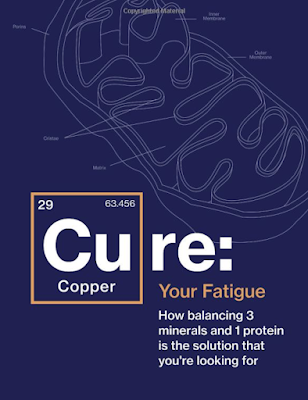ChatGPT in Medical School and Residency - Joseph Varon and Paul E. Marik
.png)
As we navigate the rapidly evolving landscape of medical education, the integration of artificial intelligence (AI) tools like ChatGPT has become increasingly prevalent. While we strongly advocate for leveraging technology to enhance medical practice, we are compelled to express our concerns regarding medical students' and residents' over-reliance on ChatGPT. This manuscript explores the risks associated with using ChatGPT in medical education, particularly the growing trend of students uploading images to the AI model without first developing basic interpretation skills. Introduction to ChatGPT in Medical Education ChatGPT, a cutting-edge natural language processing model developed by OpenAI, has been recognized for its potential to revolutionize medical education by offering personalized learning experiences and enhancing clinical reasoning skills. However, its adoption raises significant ethical and educational concerns. The model's ability to generate text and answer q...


